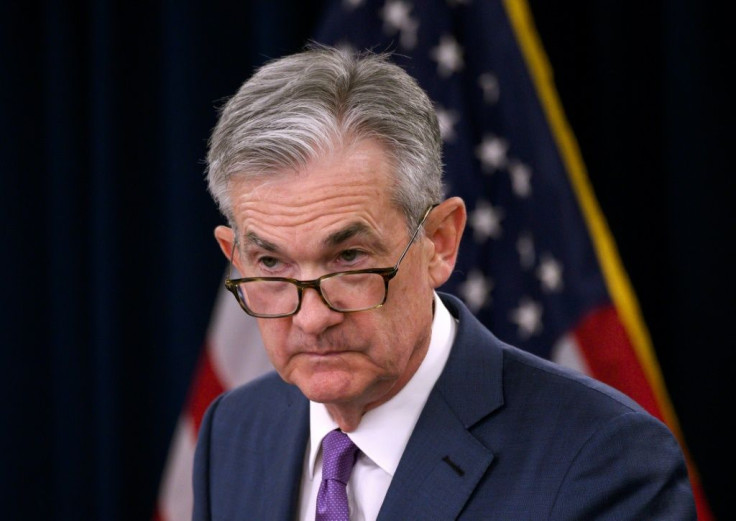What Will The Fed Do? Powell Says US Recession Not In Sight
U.S. Federal Reserve Chairman Jerome Powell said Friday he does not foresee a recession in the United States even as the world economy weakens.
Speaking at an economic forum in Zurich, Powell said Fed action this year lowering interest rates has helped support the U.S. economy. “That is one of the reasons why the outlook is still a favorable one,” he said.
Powell said the trade battle between the U.S. and China has muddied the picture but noted inflation still is running below the targeted 2% rate. Trade uncertainty, however, is weighing on business investment.
“We’re not forecasting or expecting a recession,” he said. “The most likely outlook is still moderate growth, a strong labor market and inflation continuing to move back up.”
He added: “Our main expectation is not at all that there will be a recession.”
Powell told the forum organized by the Swiss Institute of International Studies that inflation remains the Fed’s major concern.
President Trump has been pushing the Federal Open Markets Committee to cut interest rates at its upcoming Sept. 17-18 meeting and the markets widely expect the FOMC to comply, dropping rates by 25 basis points.
Without addressing Trump’s pressure, Powell said the Fed will continue to make decisions on a nonpolitical basis.
The Fed will “continue to act as appropriate to sustain this expansion,” Powell said.
"We see the most likely case for the U.S. and for the world too as continued moderate growth. We're going to continue to act as appropriate to sustain this expansion," he said.
He noted the more interest rates are cut now, the less ability the central bank will be able to act should the economy turn south.
The current rate that banks charge to borrow money from one another is 2% to 2.25%. The Fed generally raises rates when the economy is good and lowers them when it weakens.
Powell has suggested the Fed could return to its quantitative easing policy, which began during the 2008 recession. The policy requires the central bank to buy government and other securities to increase the money supply and encourage investment and lending. An alternative would be negative interest rates on U.S. Treasurys, but that would have a negative impact on bank earnings and pension funds’ ability to pay retirees.
Total U.S. government debt stands at more than $22 trillion, about twice where it stood in 2008.

© Copyright IBTimes 2025. All rights reserved.






















